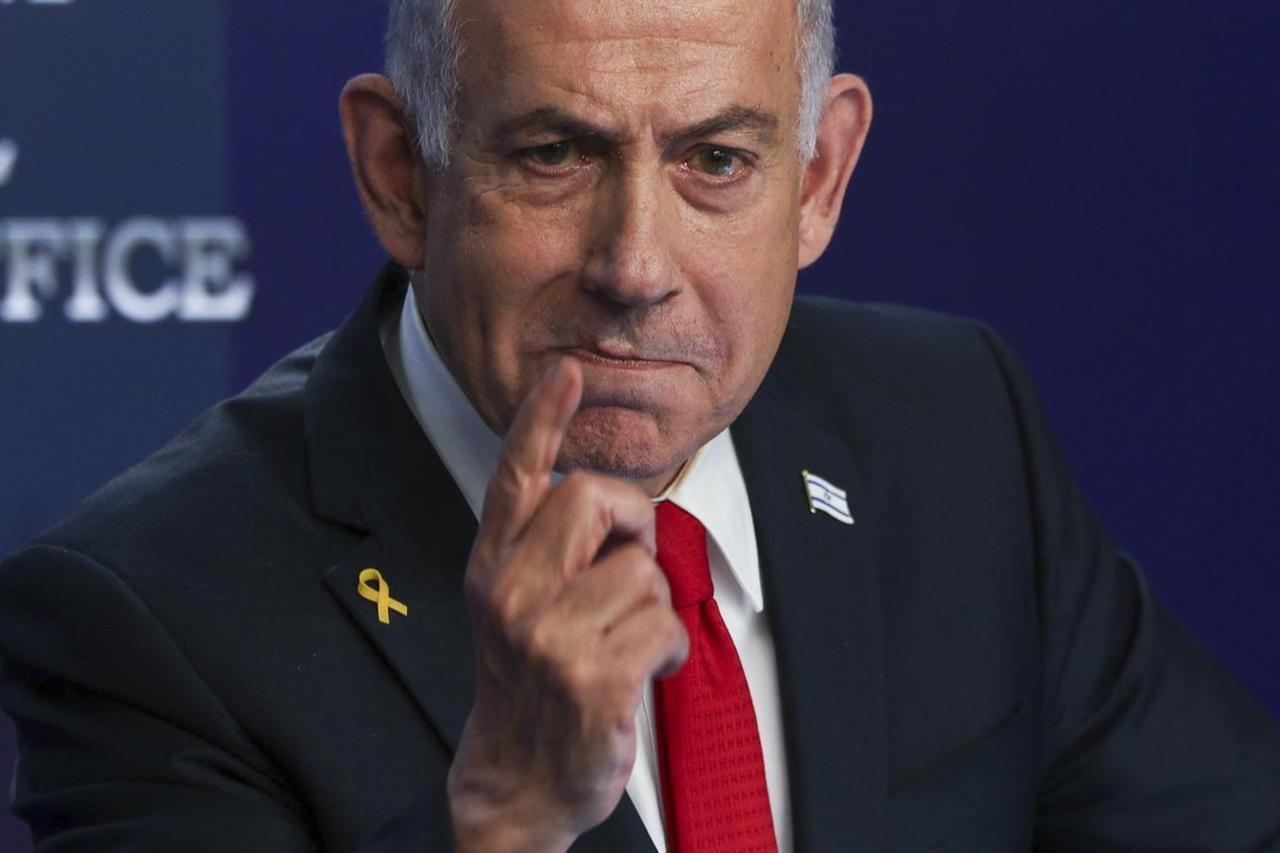
Israeli Prime Minister Benjamin Netanyahu has succeeded in delaying his ongoing corruption hearings this week after a rare, closed-door court session involving top intelligence officials.
The move comes amid mounting political and legal pressure, including public support from U.S. President Donald Trump for Netanyahu’s trial to be dismissed altogether.
According to Israel’s Yedioth Ahronoth newspaper, Netanyahu unexpectedly appeared at court today for a confidential hearing—accompanied by Mossad Director David Barnea and Military Intelligence Directorate (AMAN) chief Shlomi Binder.
Israeli state broadcaster KAN reported that the intelligence officials presented a “strategic security briefing” to the judges at Netanyahu’s request. This intervention appears to have swayed the court, which had twice rejected Netanyahu’s motions to delay the proceedings.
The court announced that “in light of the information presented,” hearings scheduled for Tuesday and Wednesday have been canceled.
However, the judges refused to postpone next week’s sessions, suggesting the legal process will continue, albeit with interruptions.
On June 26, President Donald Trump posted on his Truth Social platform, calling for Netanyahu’s corruption trials—which began in 2019—to be thrown out entirely. In a follow-up post today, Trump reiterated his support, claiming that Netanyahu is being targeted in a “witch hunt” similar to the one he himself faces in the United States.
“We give billions to Israel,” Trump wrote, “and we won’t let this happen to Bibi.”
The Israeli Prime Minister had requested a two-week postponement of the trial following Trump’s remarks. That request was denied twice before today's security briefing shifted the legal tide.
Netanyahu became the first sitting Israeli prime minister to face criminal prosecution in 2020. He is on trial in three separate cases—known as Case 1000, Case 2000, and Case 4000—involving charges of bribery, fraud, and breach of trust.
The allegations include receiving luxury gifts in exchange for political favors (Case 1000), negotiating favorable media coverage (Case 2000), and regulatory decisions benefiting a telecom giant in return for positive news coverage (Case 4000).
He first appeared in court in May 2020, with formal testimony beginning in December 2024.
The current Israeli Attorney General, Gali Baharav-Miara, has rejected calls to suspend the trial until the ongoing conflict in Gaza concludes, stating that “war cannot be used as a legal shield.”
While details of the briefing remain classified, legal analysts have questioned the precedent of intelligence officials intervening in a domestic corruption trial.
“It sets a dangerous tone when national security becomes a tool in personal legal defense,” one former Israeli judge told Haaretz. “The judiciary must remain independent, especially in politically sensitive cases.”
Despite today’s delay, sources within the Israeli government told KAN that dismissing the case entirely remains unlikely due to a lack of legal basis. Netanyahu’s legal team is expected to push for further postponements on the grounds of national emergency and “strategic obligations.”
With domestic political pressure mounting and international scrutiny intensifying over Israel’s conduct in Gaza, Netanyahu’s legal and political futures appear increasingly entangled.